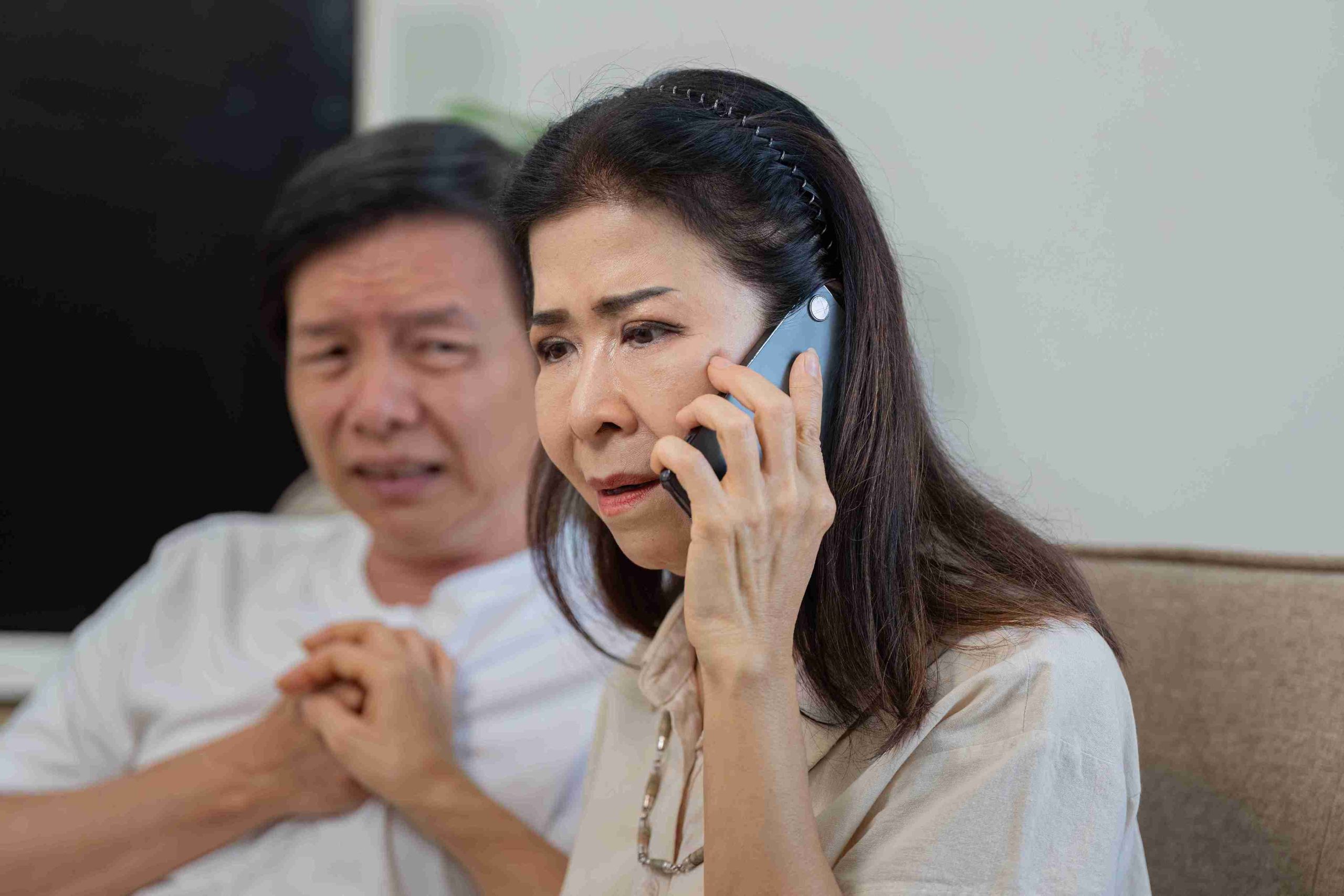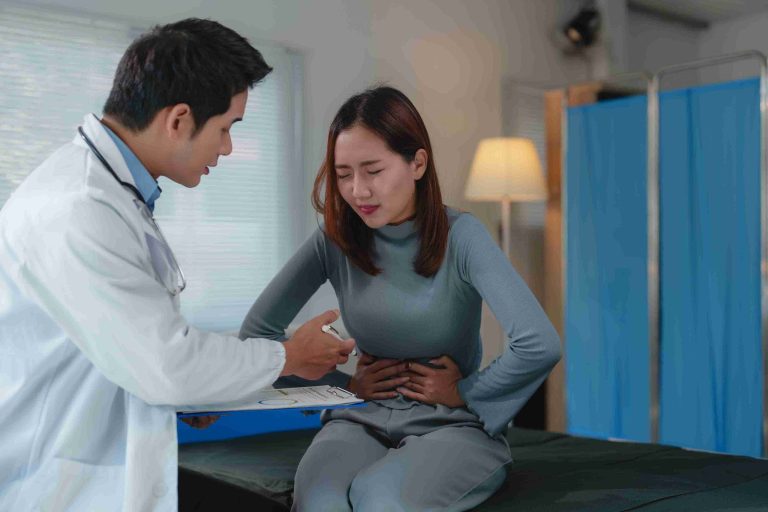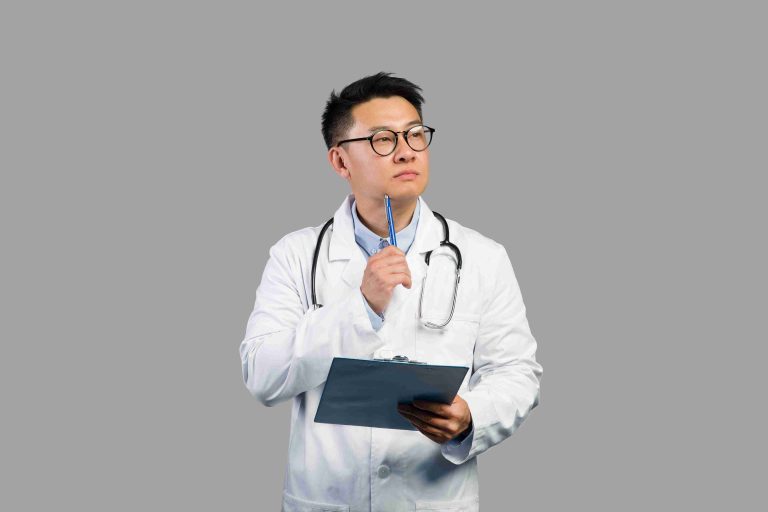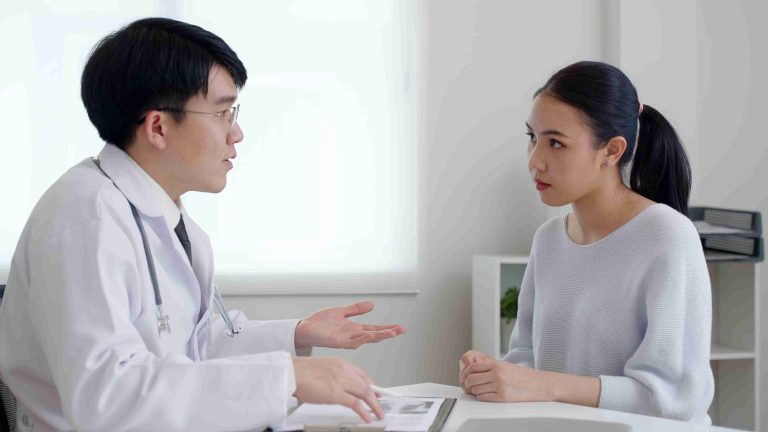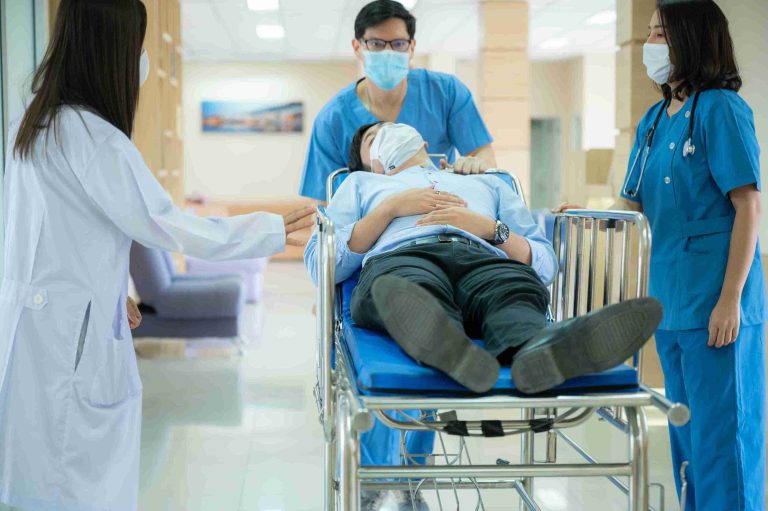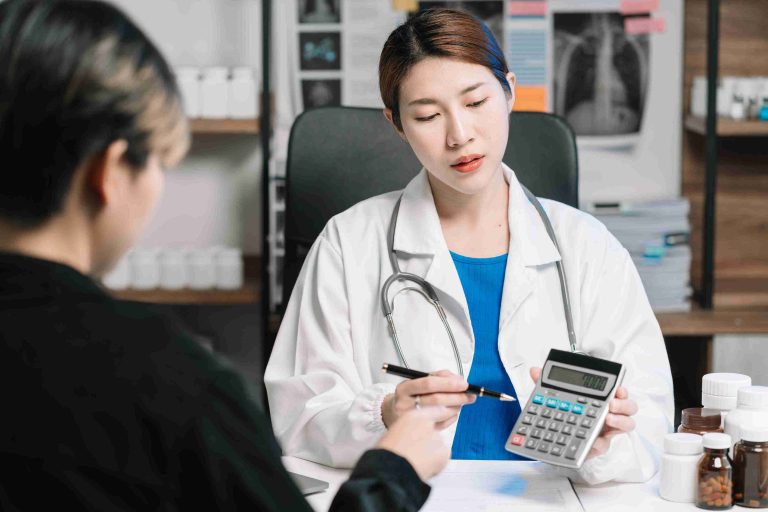A colonoscopy is a valuable procedure that helps detect and prevent colorectal diseases, including cancer. While the procedure itself is generally safe and well-tolerated, proper aftercare is crucial to ensure a smooth recovery and identify any potential complications early.
Knowing when to call your doctor post-colonoscopy can make a significant difference in your health outcome and peace of mind. This article will guide you through what to expect after a colonoscopy, common symptoms, warning signs, and when immediate medical attention is necessary.
What to Expect Immediately After a Colonoscopy
After your colonoscopy, you will typically spend some time in a recovery area where medical staff monitor you until the sedation wears off. Most patients experience mild drowsiness or grogginess due to the sedatives used during the procedure.
You might also notice some bloating, mild cramping, or gas as air introduced into the colon during the procedure escapes. This discomfort is usually temporary and should improve within a few hours.
Because sedatives can affect your coordination and judgment, it is important not to drive, operate heavy machinery, or make important decisions for at least 24 hours after your colonoscopy. Arrange for someone to take you home safely.
Common Post-Colonoscopy Symptoms That Are Normal
Some symptoms after a colonoscopy are expected and do not usually require contacting your doctor. These include:
- Mild abdominal discomfort or cramping
- Passing gas or bloating
- Slight rectal bleeding if a biopsy or polyp removal was performed
- Fatigue or drowsiness from sedation
These symptoms generally resolve on their own within 24 to 48 hours. You can ease abdominal discomfort by walking around gently and avoiding heavy meals right after the procedure.
If you experience mild rectal bleeding, such as a small amount of blood on the toilet paper or in your stool, it is often normal after a polyp removal. However, the bleeding should be minimal and stop quickly.
When to Be Cautious: Warning Signs to Watch For
Although complications from a colonoscopy are rare, some symptoms warrant prompt medical attention. If you experience any of the following, you should contact your doctor immediately:
- Severe abdominal pain that does not improve or worsens over time
- Persistent or heavy rectal bleeding, such as soaking more than one pad per hour or large amounts of blood in the stool
- Fever higher than 100.4°F (38°C) or chills, which could indicate infection
- Dizziness, weakness, or fainting spells, which may signal internal bleeding
- Difficulty breathing or chest pain, which could be signs of sedation-related complications or other emergencies
- Persistent nausea or vomiting
These symptoms could indicate serious complications such as bowel perforation, infection, or bleeding that requires urgent treatment.
Understanding Possible Complications After Colonoscopy
While the colonoscopy procedure is generally safe, understanding potential complications helps you recognize when to call your doctor.
- Bowel Perforation: This occurs when the colon wall is accidentally punctured during the procedure. It is rare but serious. Symptoms include severe abdominal pain, fever, chills, and abdominal distension. If you suspect a perforation, seek emergency medical care immediately.
- Bleeding: Some bleeding is expected if a biopsy was taken or a polyp was removed. However, heavy or prolonged bleeding is abnormal and requires medical evaluation.
- Infection: Though uncommon, infections can develop, especially if polyps were removed or biopsies performed. Fever, chills, and abdominal tenderness are signs of possible infection.
- Sedation Reactions: Some patients may have adverse reactions to sedatives used during the colonoscopy test, including breathing difficulties, allergic reactions, or prolonged drowsiness.
Post-Colonoscopy Diet and Activity Guidelines
Following your doctor’s recommendations about diet and activity after the colonoscopy exam is an essential part of aftercare.
Typically, once you are fully awake, you can resume your regular diet unless instructed otherwise. Starting with light, easy-to-digest foods can help reduce gastrointestinal upset. Avoid alcohol for at least 24 hours as it can interact with sedation medications and delay recovery.
For activity, rest as needed but avoid strenuous exercise or heavy lifting for 24 to 48 hours. Walking gently is encouraged to help reduce bloating and promote digestion. Drinking plenty of water helps flush the system and reduce dehydration risk, especially if you underwent bowel preparation before the procedure.
When to Follow Up With Your Doctor
Your doctor will advise you on when to schedule a follow-up appointment after your colonoscopy. This appointment is often necessary to discuss the results of biopsies or polyp removals and determine if further treatment or screening is needed.
If you experience mild symptoms that do not improve or new symptoms develop within a week, don’t hesitate to contact your healthcare provider for advice. Also, inform your doctor if you notice changes in bowel habits, new abdominal pain, or rectal bleeding after your initial recovery period.
Tips for Communicating With Your Healthcare Provider
If you need to call your doctor post-colonoscopy, clear communication is key. Be prepared to describe:
- Your symptoms in detail, including onset, duration, and severity
- Any bleeding and its amount or appearance
- Your temperature if you have a fever
- Any other unusual symptoms like dizziness, shortness of breath, or chest pain
- The medications you are currently taking
Keeping a written log of your symptoms and any concerns can be helpful during phone calls or visits.
Preparing for Your Colonoscopy Aftercare at Home
Before your procedure, consider preparing your home for post-colonoscopy recovery. Arrange for a responsible adult to stay with you for the first 24 hours, especially if you live alone.
Have easy-to-prepare meals and plenty of fluids available. Stock your kitchen with gentle foods like soups, toast, and bananas.
Avoid scheduling important activities or commitments immediately after the procedure to give yourself time to rest and recover.
Conclusion
A colonoscopy is an important tool for maintaining colon health, but knowing how to care for yourself afterward is equally important. Mild symptoms such as gas, bloating, and slight bleeding are common and usually resolve without intervention. However, serious symptoms like severe pain, heavy bleeding, fever, or dizziness require immediate medical attention.
Understanding when to call your doctor post-colonoscopy ensures prompt care if complications arise and helps you recover confidently and comfortably. Following aftercare instructions, monitoring your symptoms carefully, and keeping open communication with your healthcare provider can make all the difference in your post-procedure experience.
